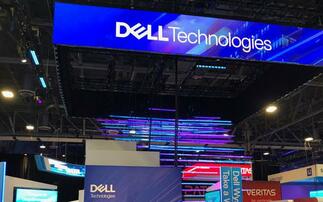Fleur Doidge discovers a datacentre partnering opportunity for channel partners
European nuclear research specialist CERN created some 35 petabytes of data a year hunting for the Higgs Boson, and is expected to double that volume when the particle accelerator, the Large Hadron...
To continue reading this article...
Join CRN
- Enjoy full access to channelweb.co.uk - the UK’s top news source for the IT channel
- Gain the latest insights through market analysis and interviews with channel leaders
- Stay on top of key trends with the Insider weekly newsletter curated by CRN’s editor
- Be the first to hear about our industry leading events and awards programmes
Already a CRN member?









